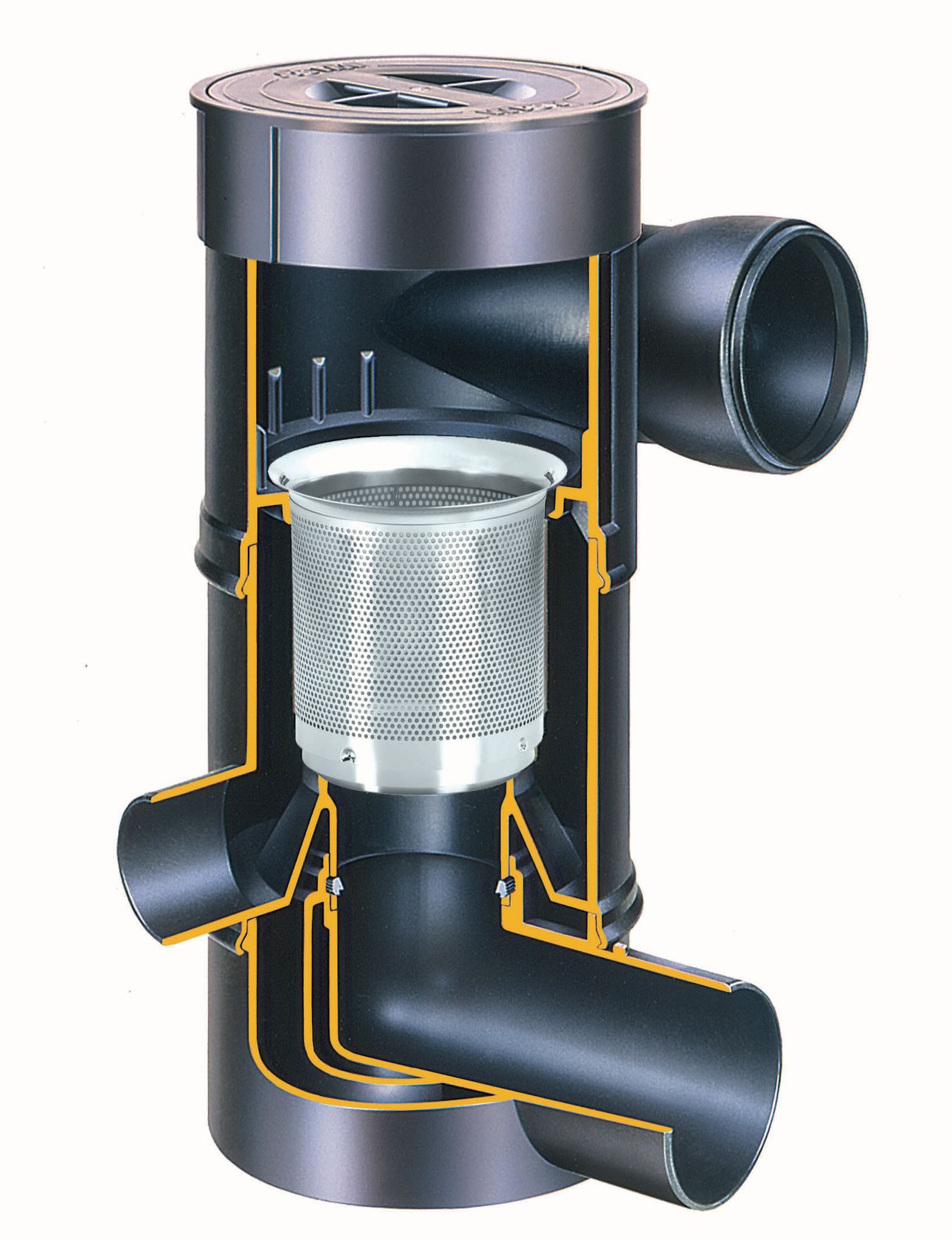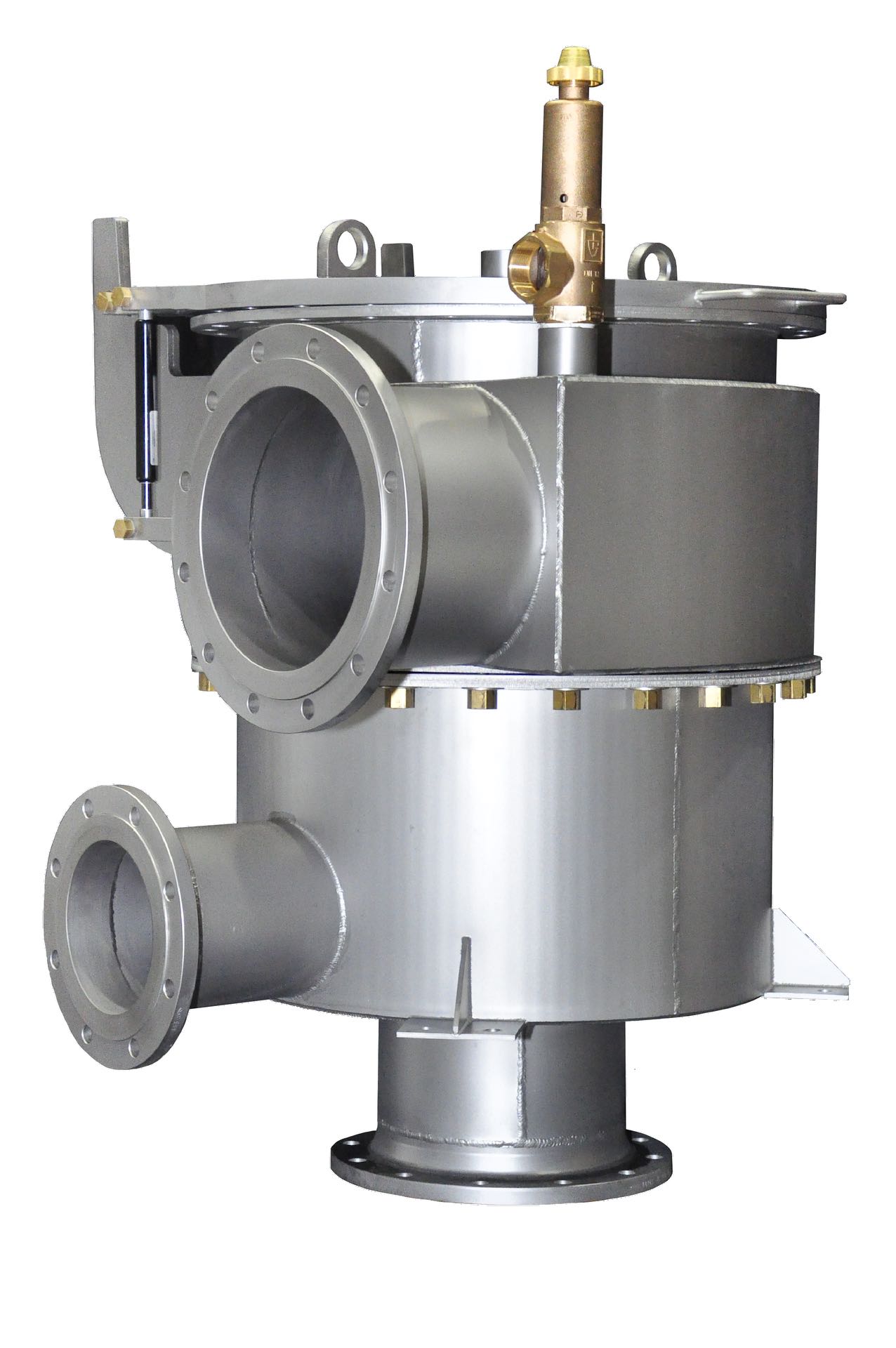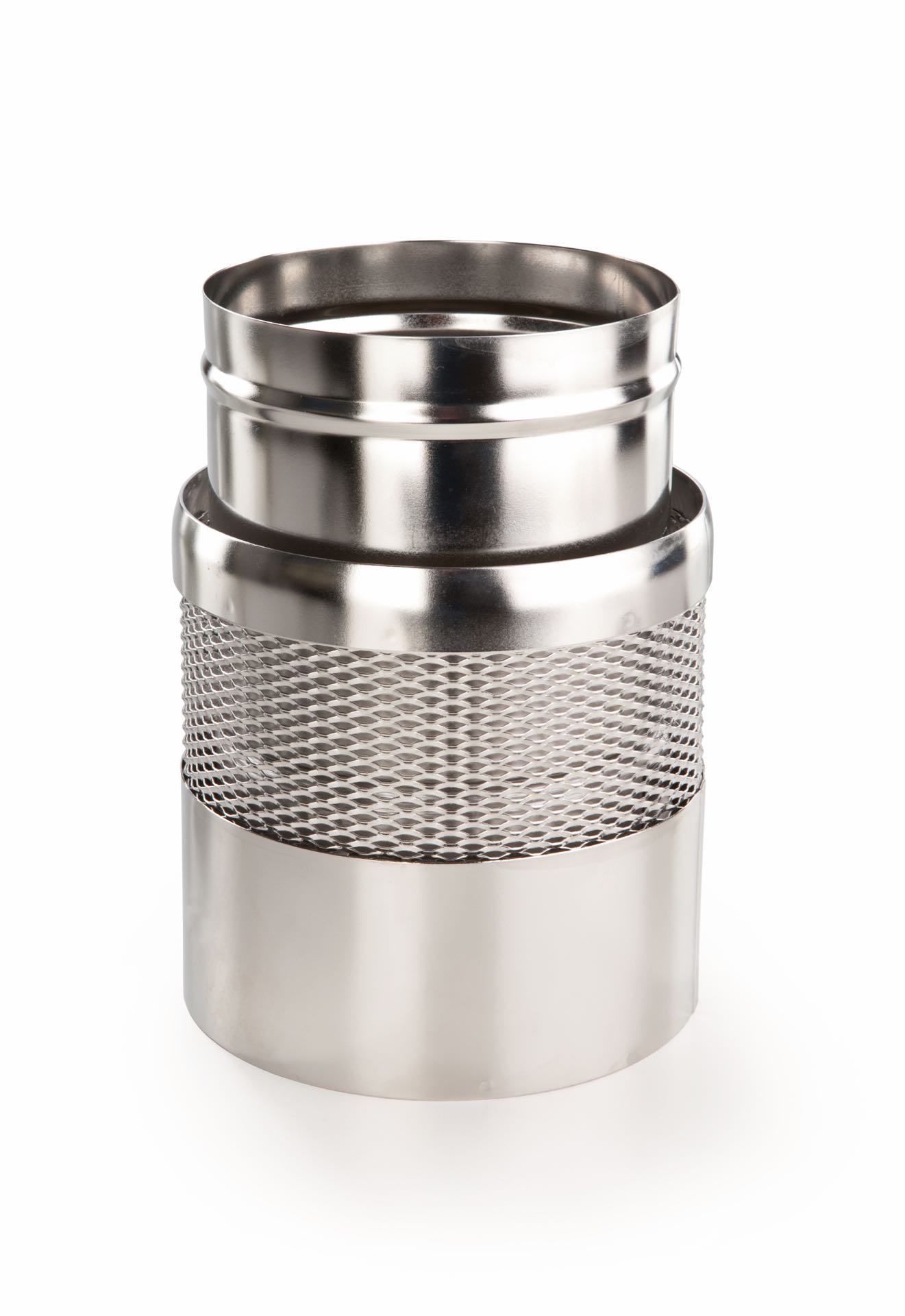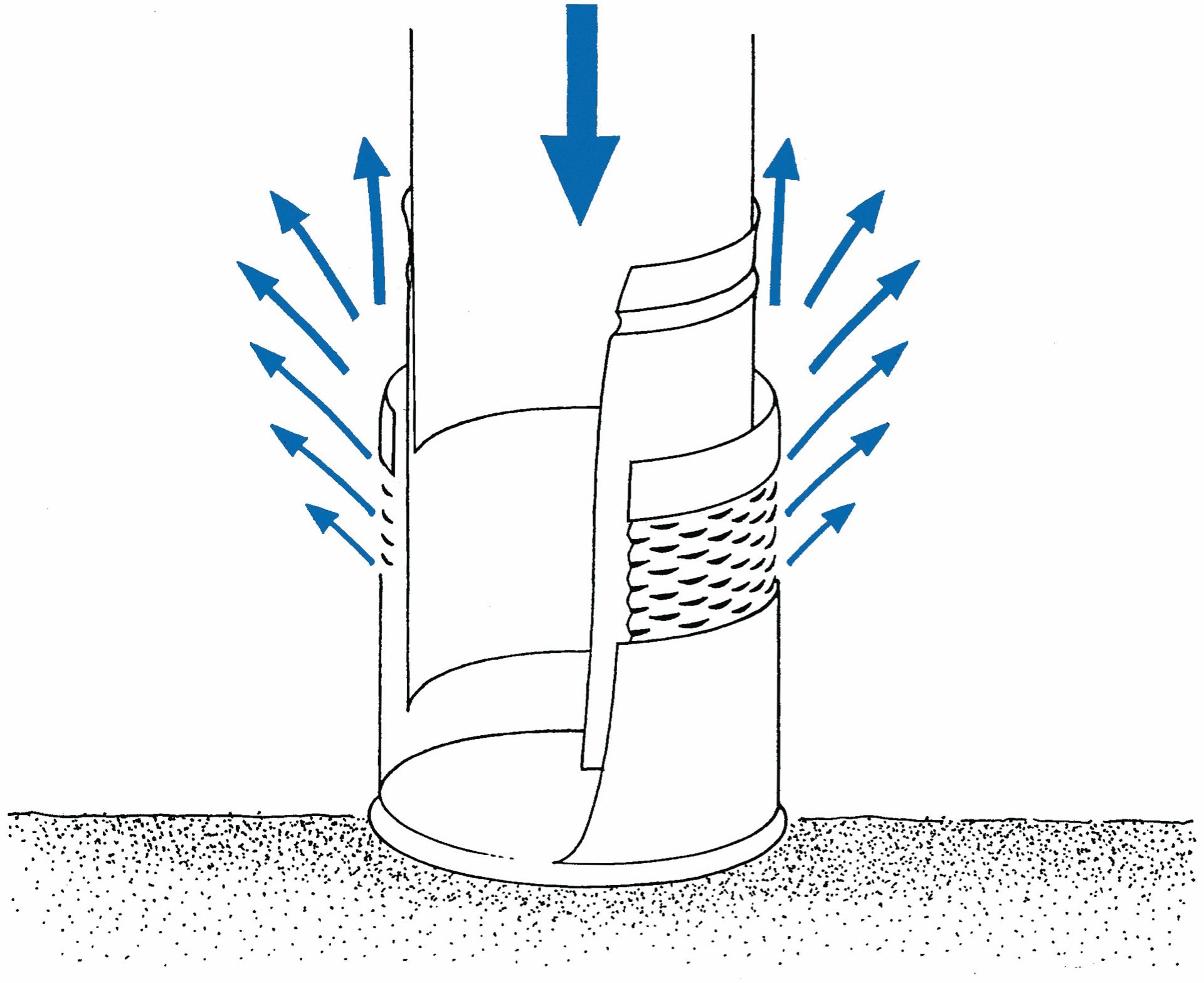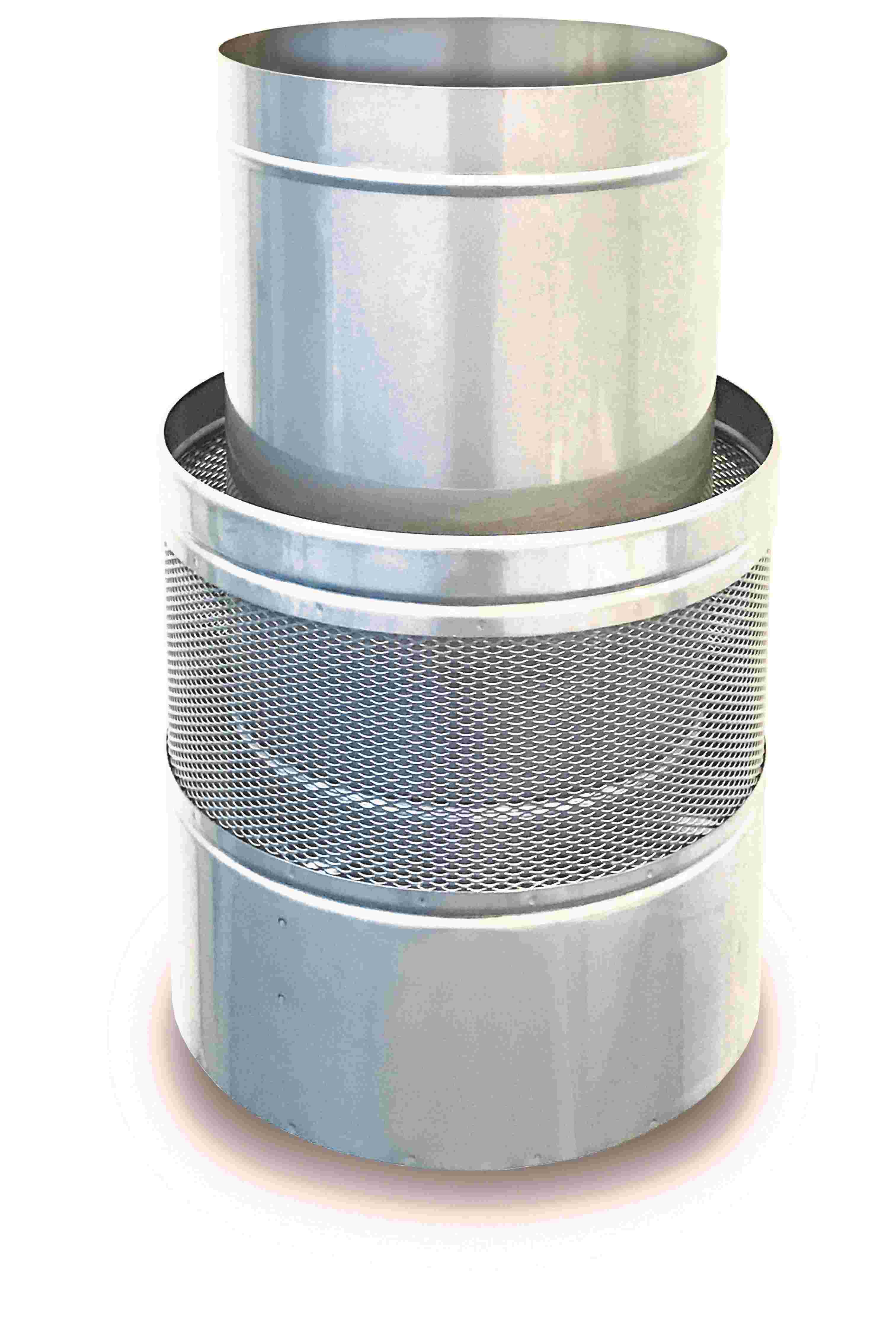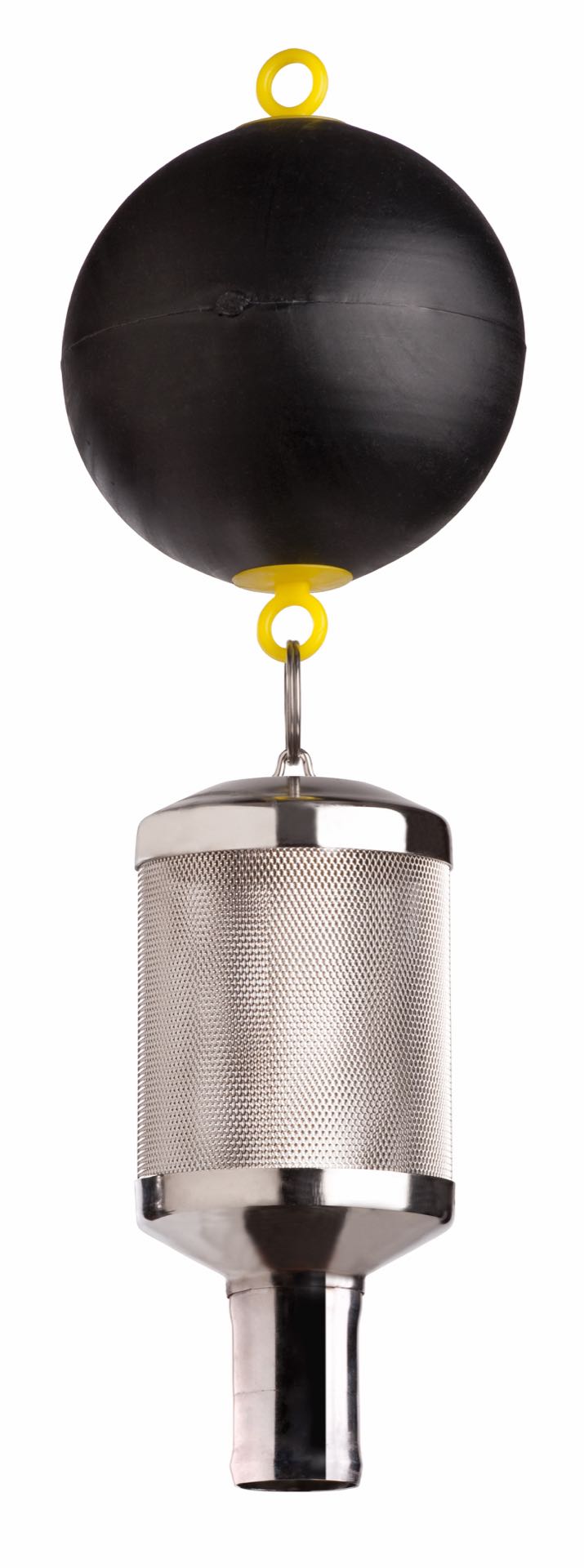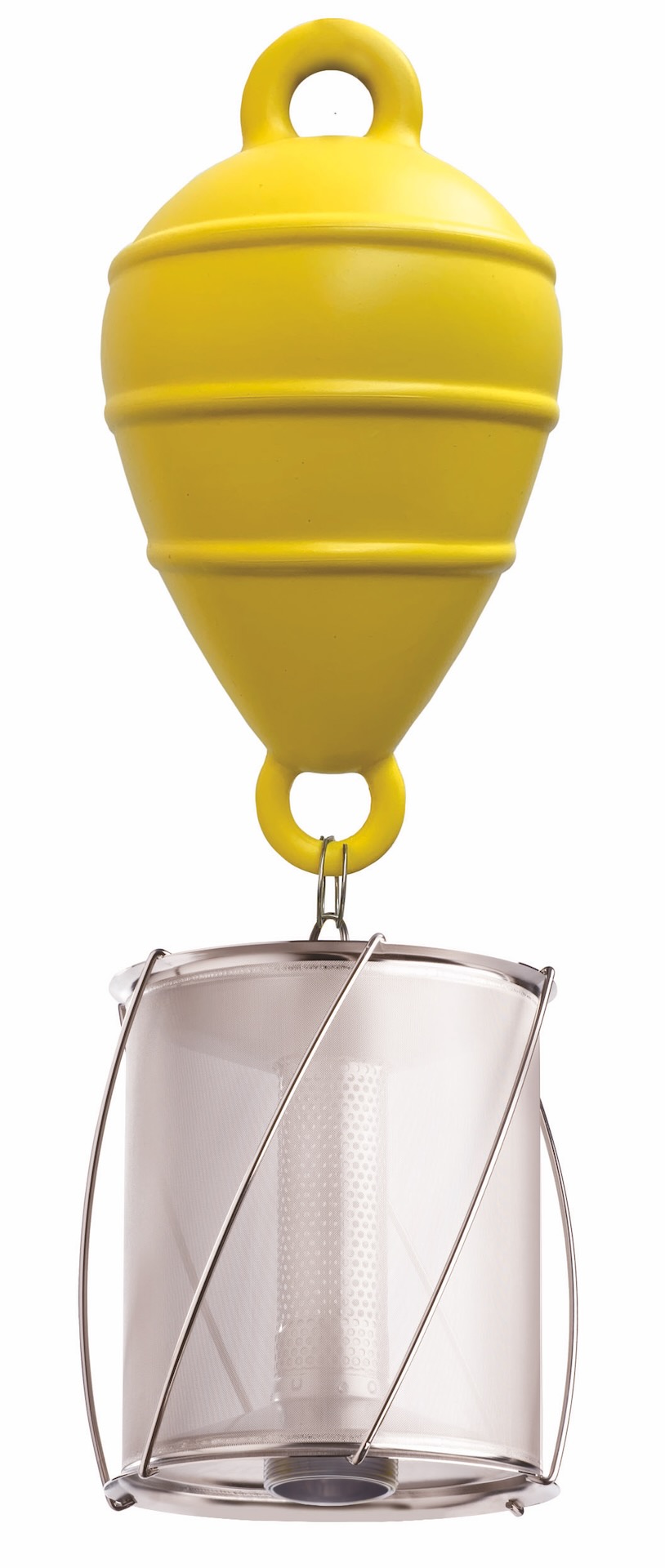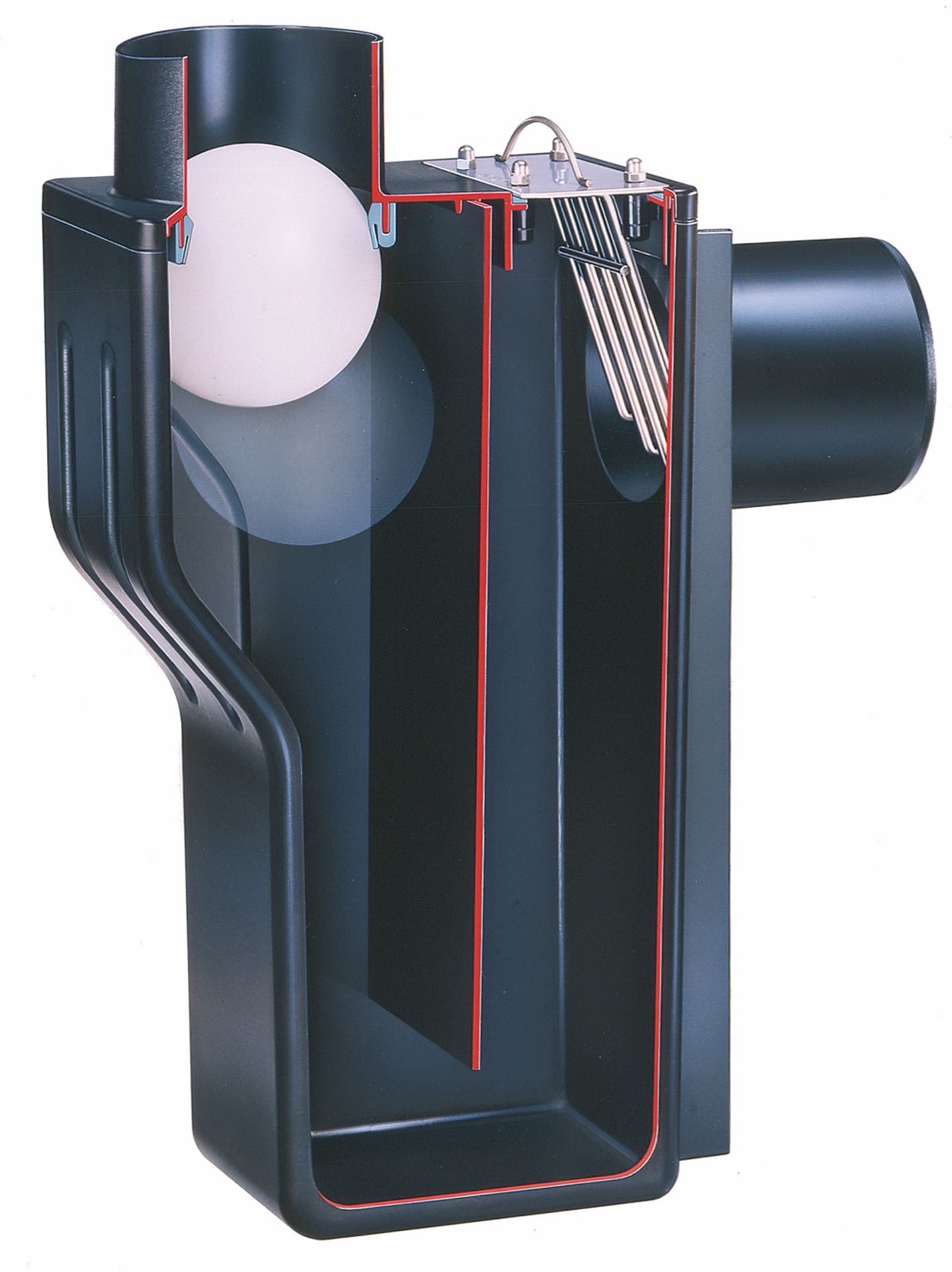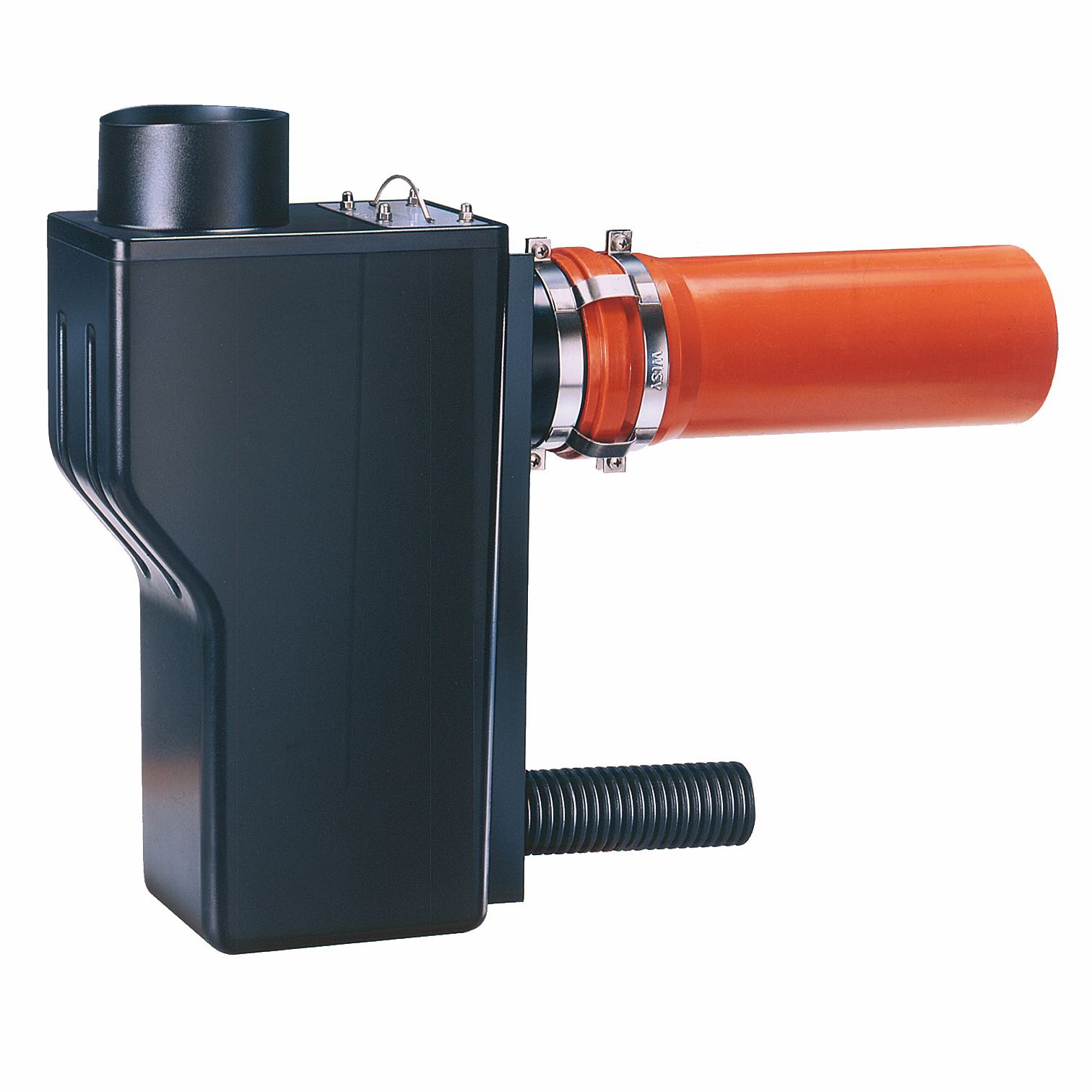Rainwater harvesting in industrial applications
In industrial processes, there is an enormous demand for water for a wide variety of applications. Water is needed as a coolant, for cleaning or for certain production steps. Here are various demands made on the quality and composition of the water.
While some work steps require particularly pure water without residues of other substances or even destilled water, the use of rainwater is more than sufficient for many industrial applications and even offers advantages.
Learn more about rainwater harvesting in industrial applications, what advantages it offers and how we can support you in your project.
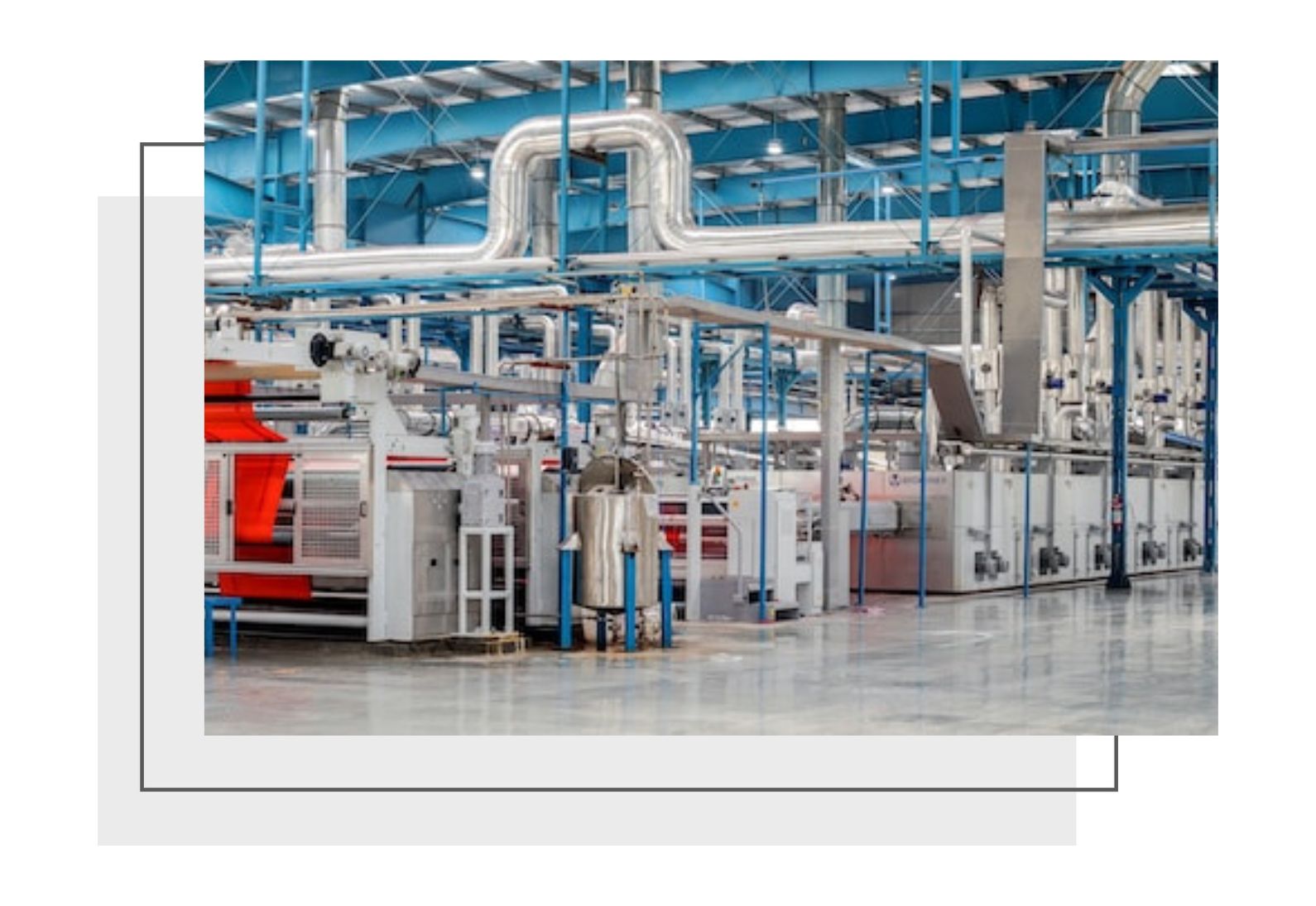
Advantages of rainwater harvesting in industrial applications
Rainwater harvesting in industrial applications offers advantages that are important in an ecological as well as an economic context.
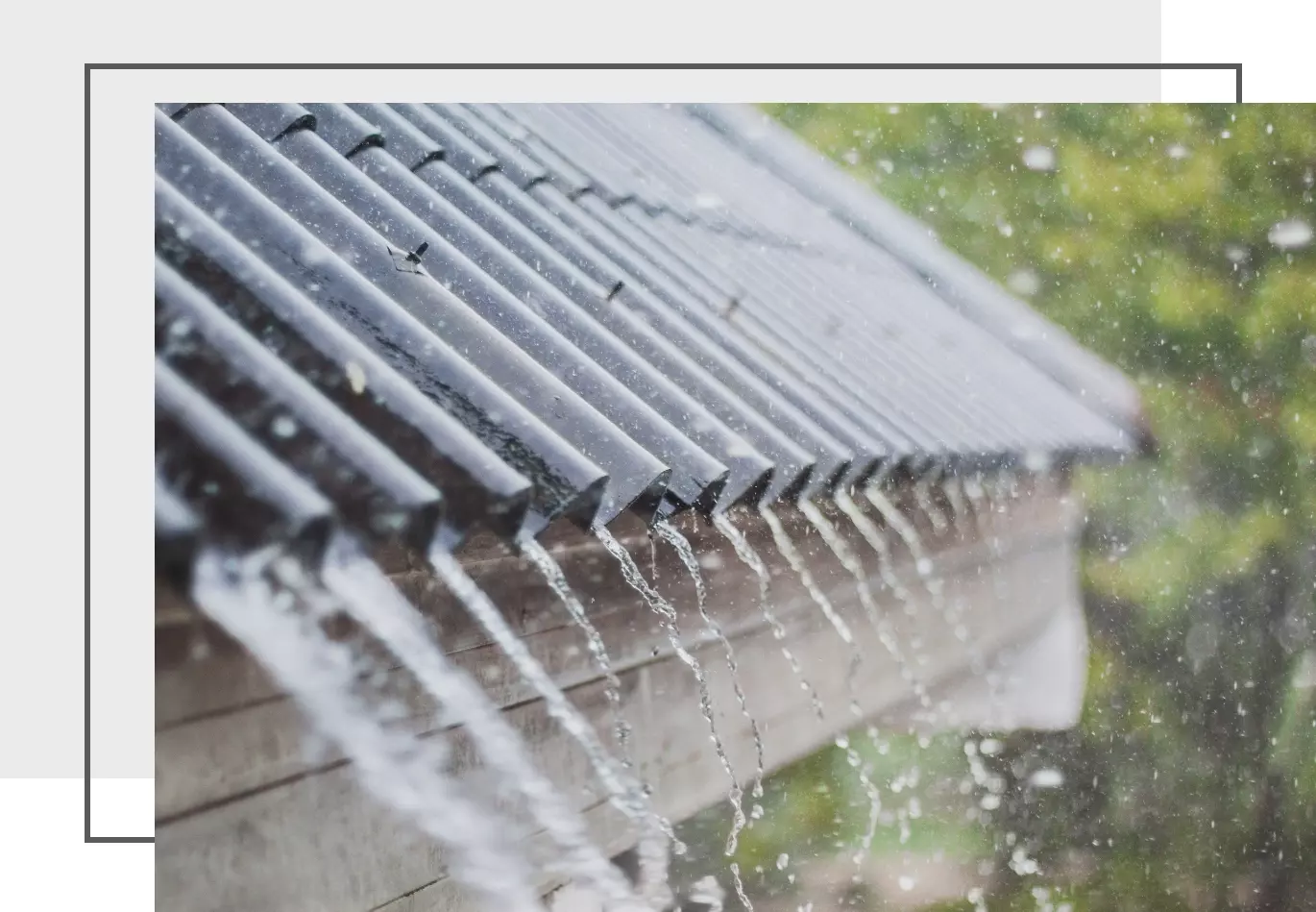
Large roofs enable high rainwater yields
Especially where large quantities of water are needed, the use of rainwater can help to reduce costs. While tap water is becoming increasingly expensive, rainwater is available free of charge. Large roofs offer the ideal prerequisite for cost-effective own water supply.
Save fees for precipitation water
Industrial buildings seal large areas of ground on which rainwater can no longer seep away naturally. In many countries this results in additional costs for the company in the form of the drainage fee if the rainwater is channelled into the public sewer systems. By using rainwater the company can be partially or even completely exempted from the fee.
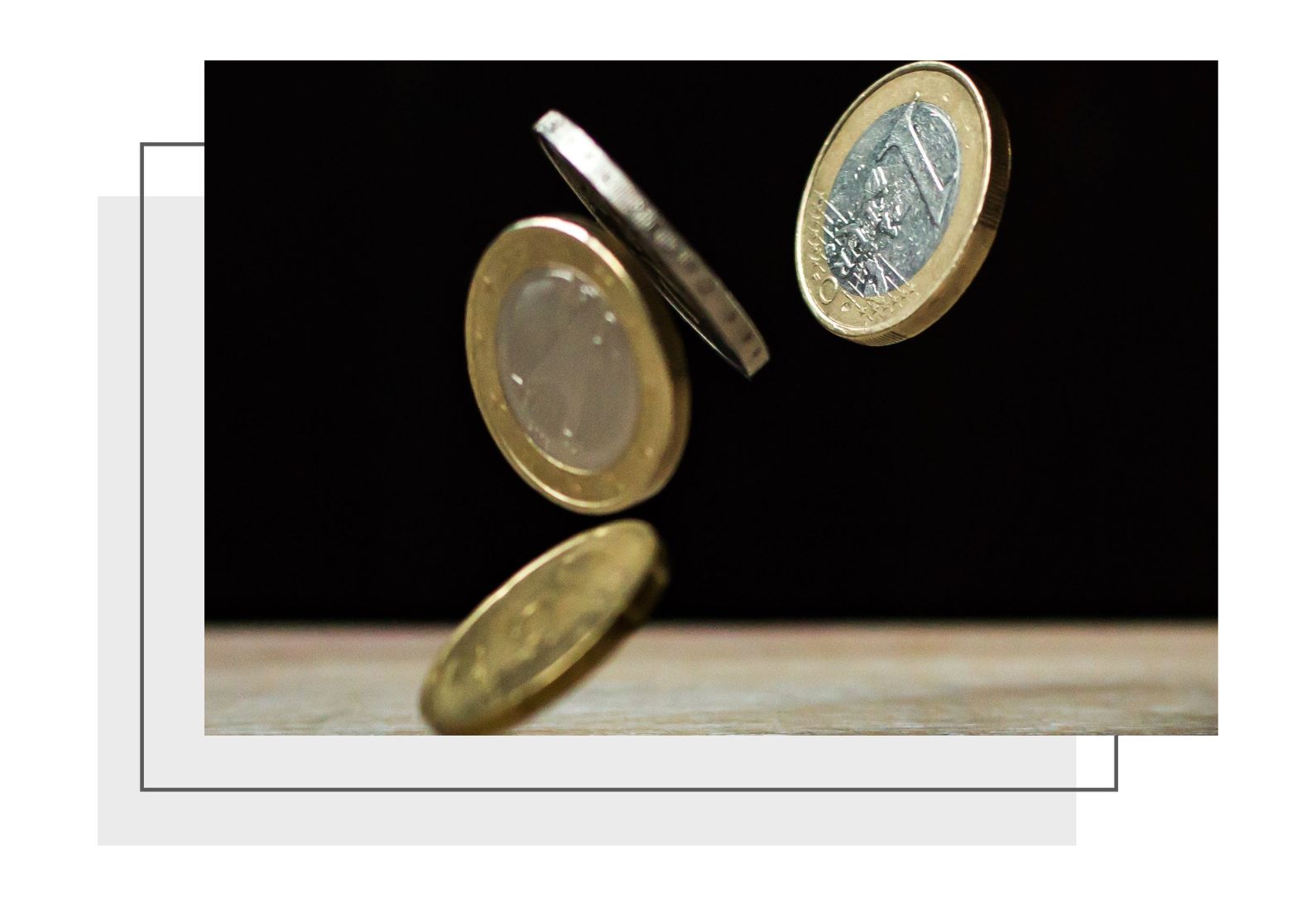
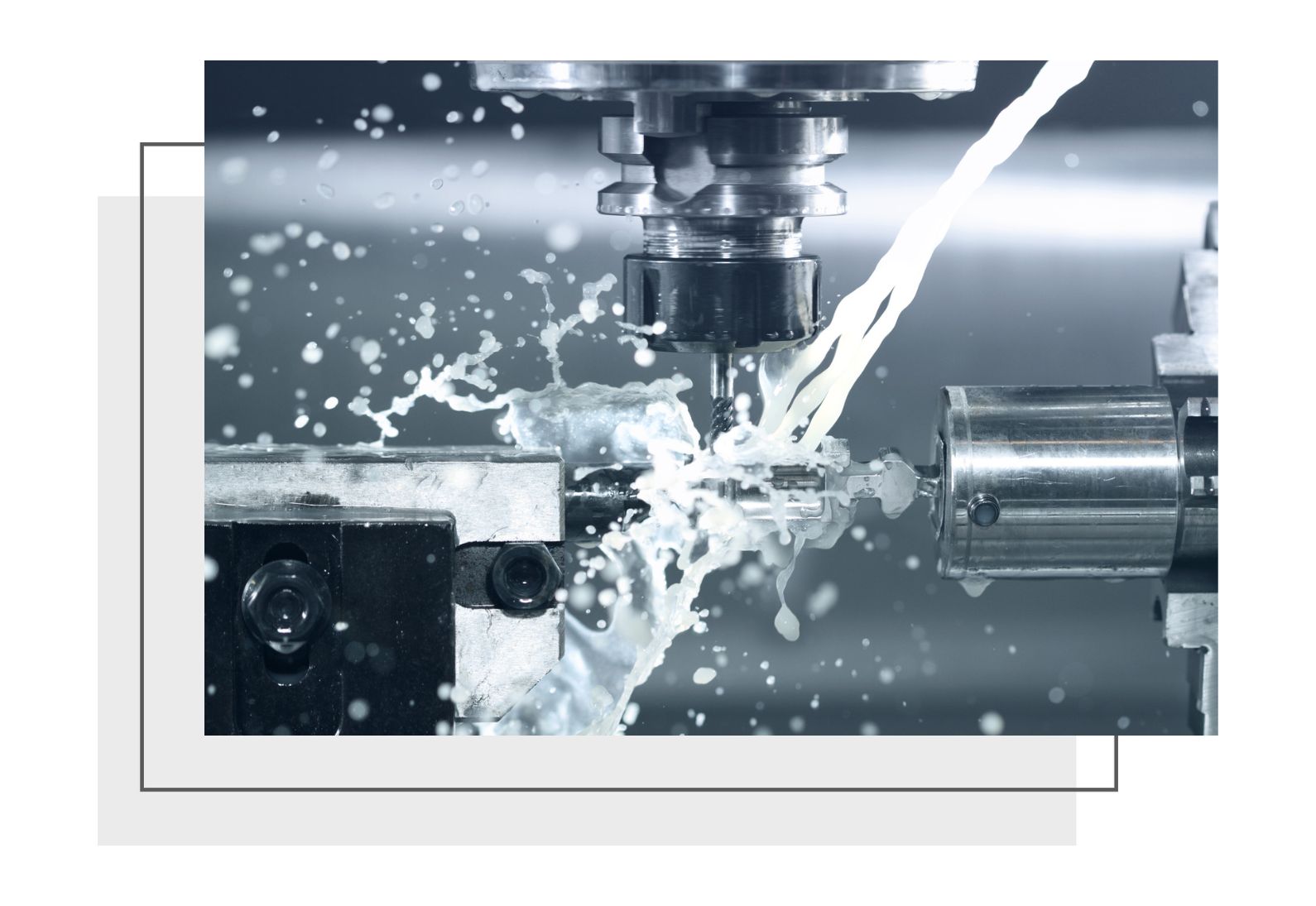
Longer maintenance intervals of machines
In addition, rainwater harvesting in industrial applications sometimes offers advantages that are due to the properties of the water. Rainwater has a significantly lower mineral content than tap water in many places. This prevents limescale deposits, protects industrial machinery and can contribute to longer maintenance intervals. Investment and operating costs for a water softening system are reduced or eliminated entirely by using rainwater.
Implement ecological corporate goals sustainably and efficiently
In large companies, ecologically sustainable corporate goals are becoming increasingly important. In this context, the conservation of natural resources plays an important role, which gives rainwater harvesting an additional plus. It offers optimal conditions for reducing the consumption of public mains water, which is costly in terms of energy and purification technology.
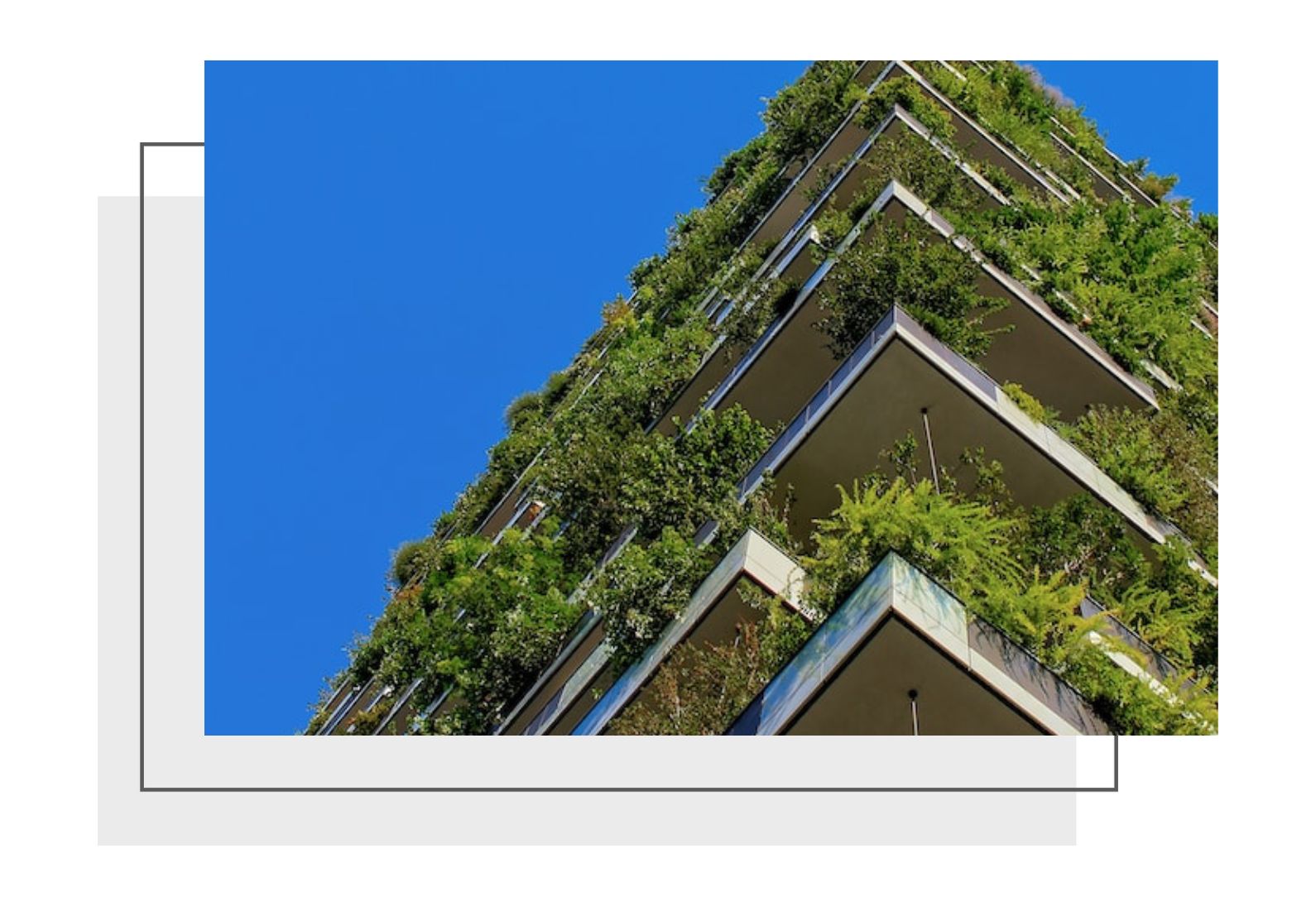
Possibilities for industrial rainwater harvesting
Rainwater can be used as soft process water. Rainwater harvesting has been proven in many industrial applications:
- as cooling water
- as drilling fluid
- for cleaning
- for humidification
- for irrigation
- for fire water supply
- for toilet flushing
Rainwater harvesting in industrial applications with the four-step system
When it comes to rainwater harvesting in industrial applications, a reliable rainwater harvesting system is essential for continuous and safe use. The well proven four-step system from WISY is particularly scalable in this respect and can be used for rainwater harvesting in industrial and large business applications.
Sophisticated products with DN 200 and DN 300 pipe connections are available for large-scale systems. The four-step system of rainwater harvesting gets its name from its four purification and utilisation stages. These are:
Step 1: Filter
Before the rainwater enters the cistern, all particles with a diameter of more than 0.28 mm are filtered out.
Step 2: Smoothing Inlet
A particularly calmed inflow into the cistern ensures that no sediments or particles are stirred up. This means that clear water is always available for a wide range of applications.
Stage 3: Floating suction filter
When water is drawn from the cistern, a floating suction filter is used to protect the pumps and valves.The water is taken from the cleanest part of the cistern, which is about 20 cm below the surface. This provides the best possible water quality.
Stage 4: Overflow
Regular overflow of light and floating debris via a siphon with skim effect ensures that no separation layer can form between air and water. Thus the exchange of oxygen is at its optimum.
Get support on rainwater harvesting
As you can see, rainwater harvesting offers many advantages that you can use to establish a sustainable water supply.
We would be happy to provide you with comprehensive support on how you can use rainwater sustainably in an industrial and commercial context.
We will mobilise our know-how and many years of experience to help you with your individual solution.
Simply send us a contact request. We look forward to hearing from you.






